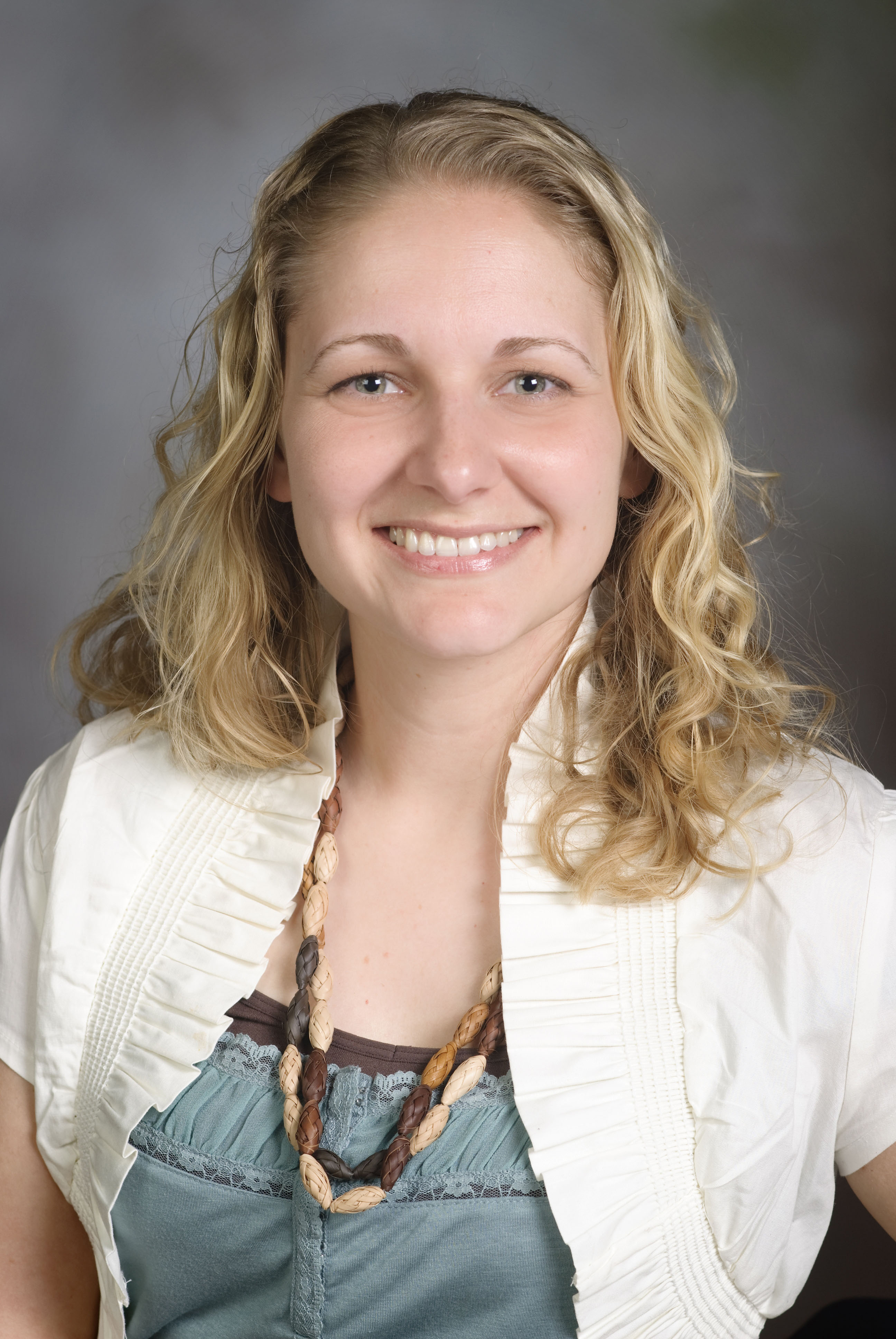Student awarded Fulbright to study tuberculosis in Africa

Graduate Student Bonnie Fairbanks has been awarded a prestigious Fulbright scholarship to pursue her research in Botswana studying tuberculosis in mongoose populations.
The research may offer insight into the spread of the disease among humans, according to Fairbanks.
Fairbanks, from Tomball, Texas, is pursuing a doctorate in disease ecology. She will work with the Centre for Conservation of African Resources: Communities Animals and Land Use. Her project titled “Behavior and Physiological Factors Affecting TB [tuberculosis] Infection in Banded Mongooses,” will elucidate the variation in TB incidences in banded mongooses.
“Because the species of bacteria that are infecting the banded mongooses is of unknown origin and may affect humans, this outbreak has implications for both the local community and the local ecosystem.” Fairbanks said. “Education of the local community will be carried out to protect both humans and wildlife.”
This long-term study was established by Kathleen Alexander, associate professor of fisheries and wildlife science, who continues to provide international disease ecology training opportunities to Virginia Tech students through her research program. Fairbanks is co-advised by Alexander and Dana Hawley, assistant professor of biological sciences.
Fairbanks says her career goal is to continue research and teaching in academia.
“I have learned that being a good scientist means having good questions as much as having good answers,” she said. “Questions drive research, fuel both teaching and learning, and open the door to understand other cultures. I’m excited to work on a project that not only answers questions about animals, but also depends in part on people of another culture, where interaction with them creates learning opportunities for both of us.”
Fairbanks has a bachelor’s degree from Rice University and a master’s from Auburn. She was the recipient of the John Cairns Fellowship in Biological Sciences and is a member of the Society for Integrative and Comparative Biology.
The Fulbright program, established in 1946 by legislation sponsored by Sen. J. William Fullbright, is America's flagship international education exchange activity. It is sponsored by the U.S. Department of State, Bureau of Education and Cultural Affairs. The program is designed “to increase mutual understanding between the people of the United States and the people of other countries.” Since the program was established, thousands of United States faculty and professionals have studied, taught, or conducted research abroad, and thousands of their counterparts from other countries have engaged in similar activities in the United States.




